The AMD 3rd Gen Ryzen Deep Dive Review: 3700X and 3900X Raising The Bar
by Andrei Frumusanu & Gavin Bonshor on July 7, 2019 9:00 AM ESTTest Bed and Setup
As per our processor testing policy, we take a premium category motherboard suitable for the socket, and equip the system with a suitable amount of memory running at the manufacturer's maximum supported frequency. This is also typically run at JEDEC subtimings where possible.
It is noted that some users are not keen on this policy, stating that sometimes the maximum supported frequency is quite low, or faster memory is available at a similar price, or that the JEDEC speeds can be prohibitive for performance. While these comments make sense, ultimately very few users apply memory profiles (either XMP or other) as they require interaction with the BIOS, and most users will fall back on JEDEC supported speeds - this includes home users as well as industry who might want to shave off a cent or two from the cost or stay within the margins set by the manufacturer. Where possible, we will extend out testing to include faster memory modules either at the same time as the review or a later date.
| Test Setup | |||||
| AMD 3000*1 | R9 3900X R7 3700X |
MSI MEG X570 Ace |
7C35v12 7C35v11*2 |
Wraith Prism | G.Skill TridentZ 4x8 GB DDR4-3200 CL16 16-16-16-36 |
| AMD 2000 | R7 2700X R5 2600X R5 2500X |
ASRock X370 Gaming K4 |
P4.80 | Wraith Max* | G.Skill SniperX 2x8 GB DDR4-2933 |
| AMD 1000 | R7 1800X | ASRock X370 Gaming K4 |
P4.80 | Wraith Max* | G.Skill SniperX 2x8 GB DDR4-2666 |
| AMD TR4 | TR 1920X | ASUS ROG X399 Zenith |
0078 | Enermax Liqtech TR4 |
G.Skill FlareX 4x8GB DDR4-2666 |
| Intel 9th Gen | i9-9900K i7-9700K i5-9600K |
ASRock Z370 Gaming i7** |
P1.70 | TRUE Copper |
Crucial Ballistix 4x8GB DDR4-2666 |
| Intel 8th Gen | i7-8086K i7-8700K i5-8600K |
ASRock Z370 Gaming i7 |
P1.70 | TRUE Copper |
Crucial Ballistix 4x8GB DDR4-2666 |
| Intel 7th Gen | i7-7700K i5-7600K |
GIGABYTE X170 ECC Extreme |
F21e | Silverstone AR10-115XS |
G.Skill RipjawsV 2x16GB DDR4-2400 |
| Intel 6th Gen | i7-6700K i5-6600K |
GIGABYTE X170 ECC Extreme |
F21e | Silverstone AR10-115XS |
G.Skill RipjawsV 2x16GB DDR4-2133 |
| Intel HEDT | i9-7900X i7-7820X i7-7800X |
ASRock X299 OC Formula |
P1.40 | TRUE Copper |
Crucial Ballistix 4x8GB DDR4-2666 |
| GPU | Sapphire RX 460 2GB (CPU Tests) MSI GTX 1080 Gaming 8G (Gaming Tests) |
||||
| PSU | Corsair AX860i Corsair AX1200i |
||||
| SSD | Crucial MX200 1TB **Crucial MX300 1TB |
||||
| OS | Windows 10 x64 RS3 1709 Spectre and Meltdown Patched **Windows 10 x64 1903 Spectre and Meltdown Patched |
||||
| *1 Ryzen 3000 series has been tested in a different environment. *2 Initial Review BIOS - Graphs results are marked with ** |
|||||
We must thank the following companies for kindly providing hardware for our multiple test beds. Some of this hardware is not in this test bed specifically, but is used in other testing.
Security Mitigrations
The systems have applied the latest Spectre and Meltdown mitigation patches where applicable. Meanwhile we should note that while the ZombieLoad exploit was announced earlier this year as well, the patches for that have not been released yet. We'll be looking at those later on once they hit.
Article Testing Methodology Update (July 8th):
We ran our original review numbers with the latest available firmware for the MSI MEG X570 ACE motherboard last week (Version 7C35v11). On Saturday the 6th MSI had shared with us a notice about a new version coming out, which became available to download to us on Sunday the 7th, the launch day and date of publication of the review.
We’ve had more time to investigate the new firmware, and have discovered extremely large changes in the behaviour of the frequency boosting algorithm. The new firmware (Version 7C35v12) for the motherboard contains AMD’s new ComboPI1.0.0.3.a (AGESA) firmware.
We discovered the following direct measurable effects between the two firmware versions:
(Note: This is a custom test that uses a fine-grained looping timed fixed instruction chain to derive frequency; it showcases single-core frequency)
We notice a significant change in the CPU’s boosting behaviour, now boosting to higher frequencies, and particularly at a faster rate from idle, more correctly matching AMD’s described intended boost behaviour and latency.
We’re currently in the process of re-running all our suite numbers and updating the article where necessary to reflect the new frequency behaviour.
Article Testing Methodology Update (July 9th):
We've updated the article benchmark numbers on the Ryzen 9 3900X. We've seen 3-9% improvements in exclusive ST workloads. MT workloads have remained unchanged, Gaming had both benefits and negatives. We continue to work on getting updated 3700X numbers and filling out the missing pieces.
Original BIOS results are as of first publication are marked with ** in the graphs.
Article Testing Methodology Update (July 10th):
We've also updated our Ryzen 7 3700X results now. Ultimately our conclusions haven't changed, but AMD does narrow the gap a bit more. For a full summary of our findings, please check out this article.


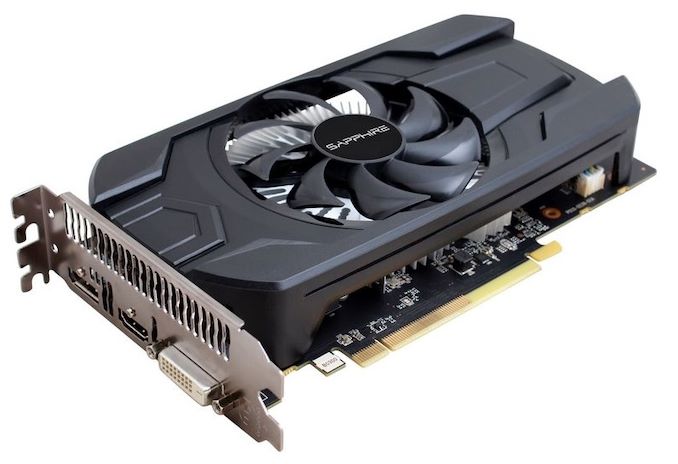
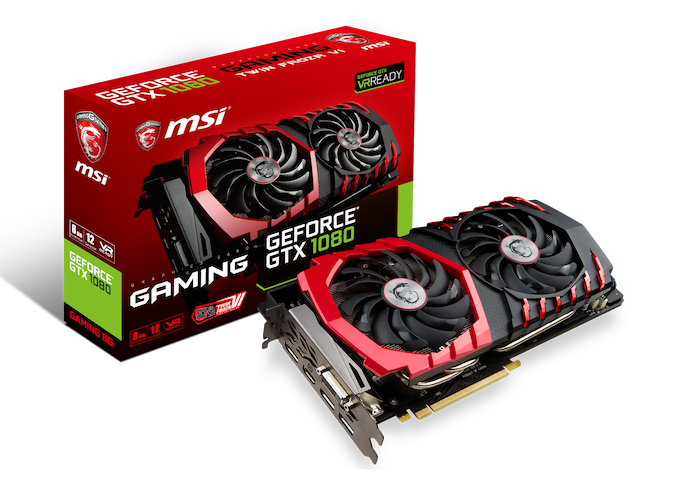
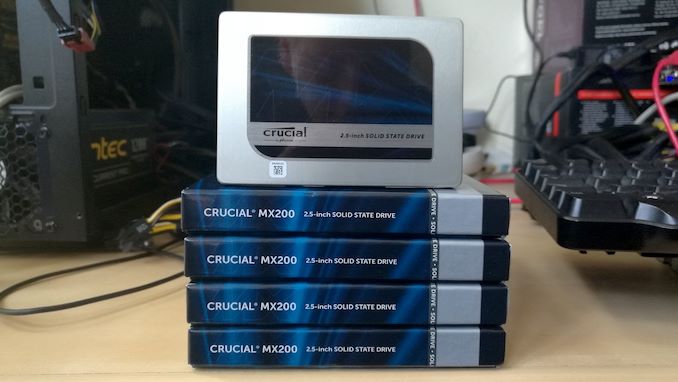
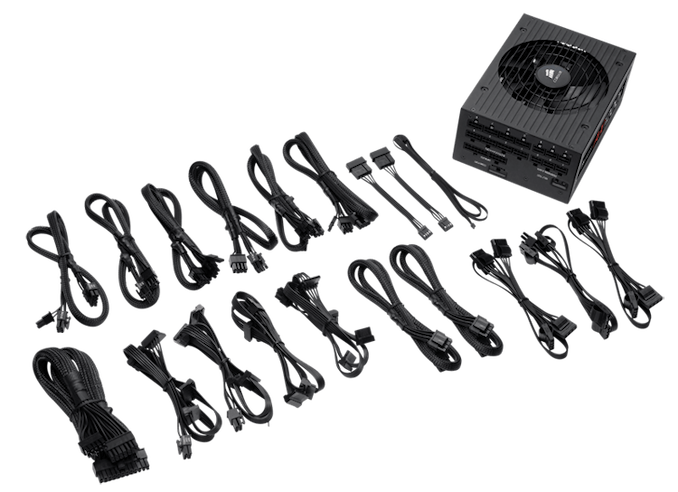
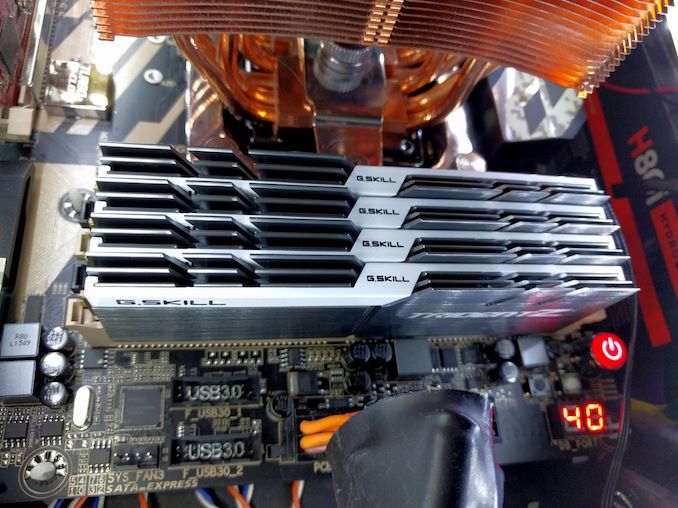
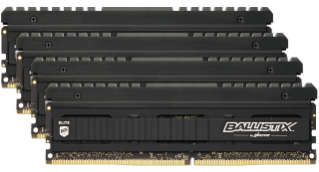
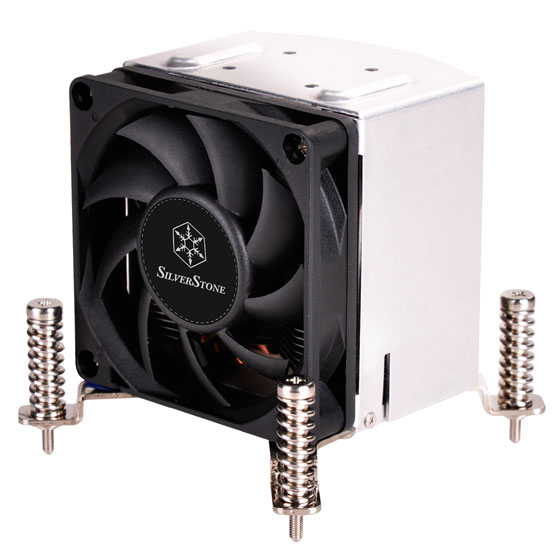
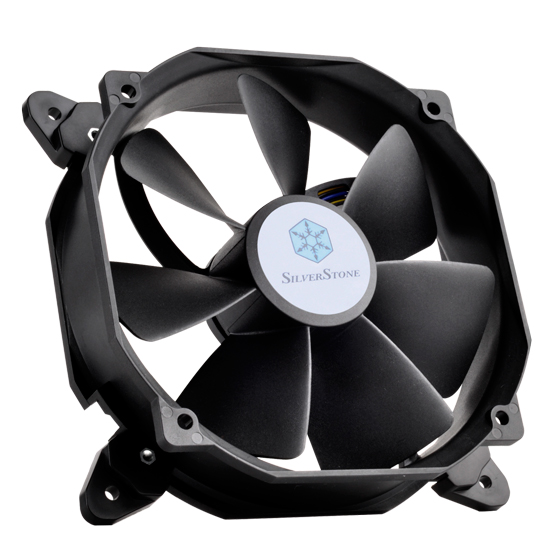









447 Comments
View All Comments
Korguz - Tuesday, July 9, 2019 - link
there is NO fraud about this.. better yet... where is your PROOF about this ? post some links to sites that are showing this.. if not drop it already.. you are just trying to spread lies, and BS...Maxiking - Tuesday, July 9, 2019 - link
My proof is this and any review on the internet, the advertised 4.6ghz is not being reached on the majority chips and if, only for 100 - 200ms and very sporadically. This is called FRAUD, I guess Intel should start selling their cpus with 5.3ghz boost because a few of them would be able to reach it for 100ms after pumping a lot of voltage into them like AMD does.PACougar - Tuesday, July 9, 2019 - link
Lol, a boost frequency is exactly that. It doesn't mean the chips will sustain the boost for any guaranteed period of time. Do you really think it's just a coincidence that you're the only one that's "outraged" by the expected operation of these chips? Guess what, when Intel ships a chip with a stated frequency, it's also a boost with no guarantee of duration. Stock 9900k's don't run continuously at 5ghz. Lol You look like a complete fool for talking about fraud where there is none.Korguz - Tuesday, July 9, 2019 - link
yea ok sure.. what ever maxiking.. you have NO idea how boost works, OR what the difference is between boost and max all core turbo is. the fact you wont post links to other sites that show this, also proves your are just trying to spread lies and BS. the only fraud i am seeing.. is you...Maxiking - Tuesday, July 9, 2019 - link
We are on the side which confirms my words in the review, forums, by their tweets. Yet you are blind to the facts. Check derbauer, gaming nexus, not gonna spoonfeeding you.Korguz - Tuesday, July 9, 2019 - link
let me ask you this... maxiking.. do you know the difference between boost clock. and all core turbo ? cause it sure seems you do NOT know the difference.. and others have pointed out to you that you are also wrong.. i wanted links.. to be sure i am looking at the same sites as you.. in the end.. you are just trolling.. and talking bs... drop this already..Qasar - Wednesday, July 10, 2019 - link
Check derbauer, gaming nexus... never heard of these sites.. i can see why Korguz is asking you to post links directly to where you are getting this, and i agree, BS from...Maxiking - Tuesday, July 9, 2019 - link
There is a debate going about this on every internet forum, so no I am not the only one concerned and the AMD subreddit has a dedicated thread about it as well.If Intel ships a chip with any stated boost frequency, the boosts are guaranteed on the per core usage basis. Stock 9900k runs at 5.0 ghz, the more cores are being used, the lower frequency..a single core always run @ 5.0ghz, all cores @ 4.7ghz. I already said it earlier. Sorry my friend, wrong example, the only fool here is you.
The fact is that Ryzen 3rd gen is a worse overclocker than the 2nd one. Or you know, I will give AMD the benefit of doubt. Before the reviews were up, the whole internet had been going crazy and thinking that 4.6 on all cores was possible, because "look at those boost frequency man". And that was the AMD intention. To use those sporadical 100 - 200ms spikes to spread the idea that the final product would able to reach them on all cores, to misguide. And I must say it WORKED brilliantly, ADOREDTV is now the biggest clown on the internet, easy 5ghz+, he said. I wonder if he makes ConLake style videos about this.
So yeah, that 4.6ghz boost is fraud. The majority can't reach it on a single core and the rest capable of doing so only by performing non frequent 100 - 200ms long spikes.
If Intel did this, oh god, what a shitstorm would be here, just like with their TDP, Meltdown, Spectre. Every review would be full of this. Don't blame me, I am just pointing at facts and making fun of petty suddenly blind amd fans. Don't shoot the messenger.
Korguz - Tuesday, July 9, 2019 - link
well.. 1st.. you didnt answer my question if you know the difference between boost clock and all core turbo.. 2nd.. you are the only one on here.. that is crying about this.. define every internet forum... also.. you do not seem to replying to any one else in this thread about this..Targon - Monday, July 22, 2019 - link
I've seen 4.4GHz without doing any BIOS tweaking on a 3900X on an Asus ROG Crosshair VI Hero. BIOS is still AGESA 1.0.0.2, so I haven't bothered to even try pushing to 4.6GHz yet. I wouldn't say that a boost to 4.6GHz with a good BIOS version isn't possible based on what I have seen with X370, and expecting that X570 has a good chance to be better about how to handle the new chips.As far as Intel and boost speeds, that is based as well on cooling. You try a 95W TDP rated cooler, and you will NOT be hitting anywhere close to 5.0GHz boost. You would need something significant. That 95W TDP is a fraud, because it only applies to base speeds, while the AMD TDP figures are in line with what most people will hit.